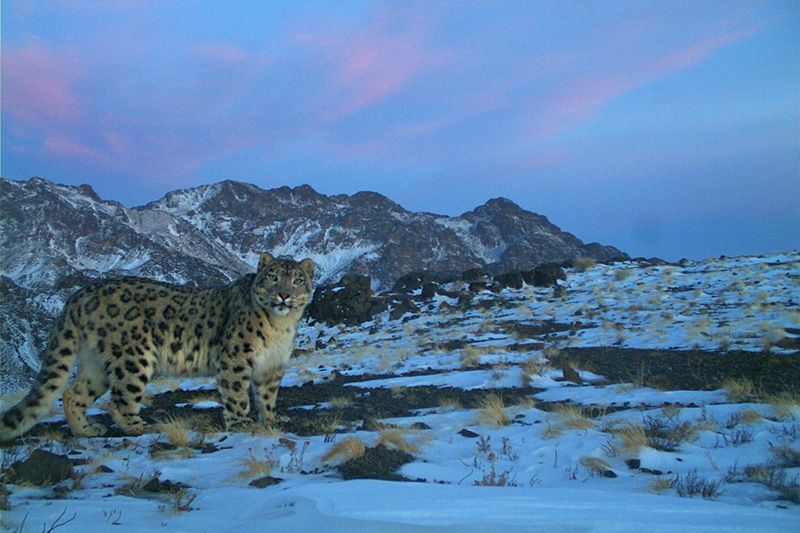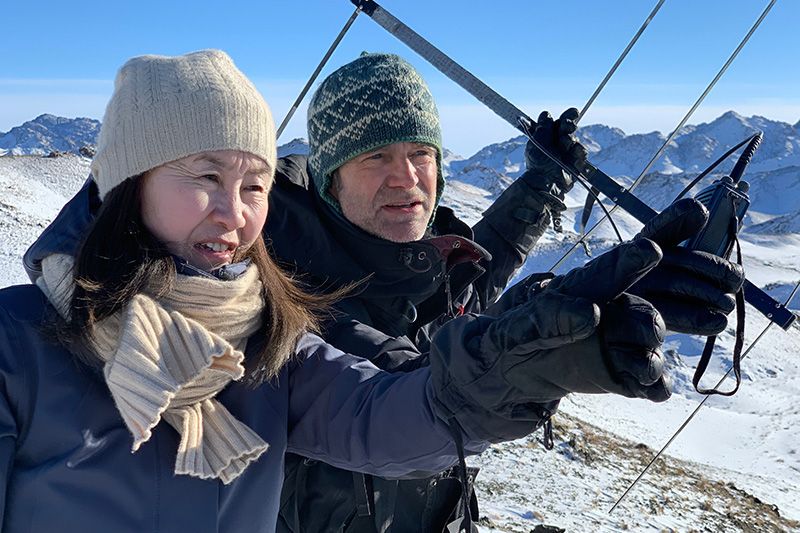International Women’s Day 2020: Bayara Agvaantseren


Creating, testing and evaluating new ideas for community-based conservation in Mongolia
A major threat to snow leopards in South Gobi is unsustainable mining and development. They also suffer from poaching and human conflict. Bayara and her team have persuaded the government to stop all mining in the area.
How did you come to lead your conservation team?
My career as conservationist started with a chance of short term translation job between herders and a researcher. The research findings suggested an idea of creating an incentive program called Snow Leopard Enterprises which offers income generation to herders who share mountain with snow leopards. While running the program for number of years, I was realised that in Mongolia, we needed more effort and time dedicated to carry out efficient conservation. In 2007, I helped to create Snow Leopard Conservation Foundation. My team is rather small but it has gained more experience to create partnerships with different level of society where conservation considers.
What has been your biggest challenge so far?
A bureaucracy, lack of awareness of conservation and lack of networking between different levels of government. There is not lots of collaboration and networking so it requires more time to get people at different levels working together, which makes a lots of decisions take longer. Also I feel like when you are a women initiating something and working towards these things, you have to work twice as hard. In the field, at the local level, there are women who are quite motivated and active. But there are very few women at the highest levels of government making decisions. Overall, these challenges mean we have to push harder and wait longer to get things done.
What has been your biggest achievement in the field in the past year?
In 2019, I received a Goldman Environmental Prize from Asia for acknowledging my and SLCF’s achievement forming of the new Tost, Tosonbumba Nature Reserve [Mongolia’s first protected areas designated specifically for snow leopards). Even the process of revoking mining licenses took 6-7 years, it was a great achievement for saving one of the prime snow leopard habitats from mining in Mongolia.
What would you say to aspiring women who want a future in conservation?
For us as women conservationists, there will always more challenges. But being positive and proactive will help us to overcome them. To me, a career as a conservationist is an elite job. So I would encourage more young women to be on board.
